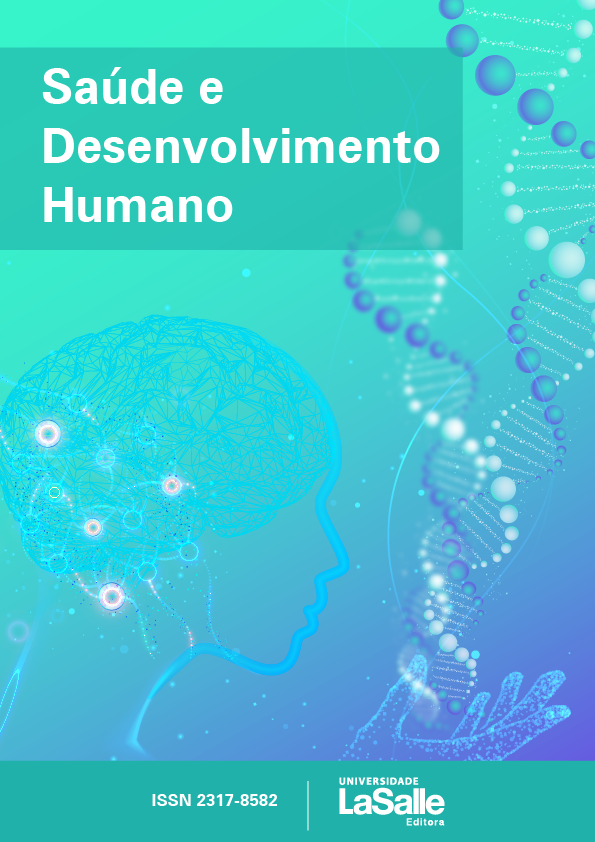Antimicrobial resistance: indiscriminate use of antibiotics and impacts on society
DOI:
https://doi.org/10.18316/sdh.v9i1.6351Keywords:
Antibiotics, Resistance, Social ImpactAbstract
Introduction: Antimicrobial resistance is considered a global health problem and in recent years has been generating a threat to the treatment of infections. In view of this, it is necessary to take care in the use, as well as in the prescription, of antibiotics.
Objective: To identify what causes the indiscriminate use of antibiotics and the occurrence of antimicrobial resistance, to highlight the impacts that this imbalance causes on society and to warn about the relevance of adopting prophylactic measures.
Methodology: This research is a bibliographic review, carried out based on 16 manuscripts, involving articles and government documents, using the databases Bireme, Lilacs and Scielo, the portal of the Ministry of Health (MS), portal of the Pan American Organization of (PAHO) and the National Health Surveillance Agency (ANVISA).
Results: This study demonstrates the high rates of antimicrobial resistance and its rapid proliferation, points out the main causes that contribute to the indiscriminate use of antibiotics, the financial impacts generated by this imbalance and identifies the importance of instructing professionals for the expansion of guidelines.
Conclusion: According to the results of this research, it was possible to identify the need to consider strategies in order to minimize the impacts generated by this problem.
Downloads
Published
Issue
Section
License
Authors who submit their manuscripts to be published in this journal agree to the following terms:
- Authors retain copyright and grant the journal right of first publication with the work simultaneously licensed under the Creative Commons Attribution License that allows the sharing of work and recognition of its initial publication in this journal.
- By virtue of the articles appearing in this open access journal, articles are free to use, with proper attribution, in educational and non-commercia.


